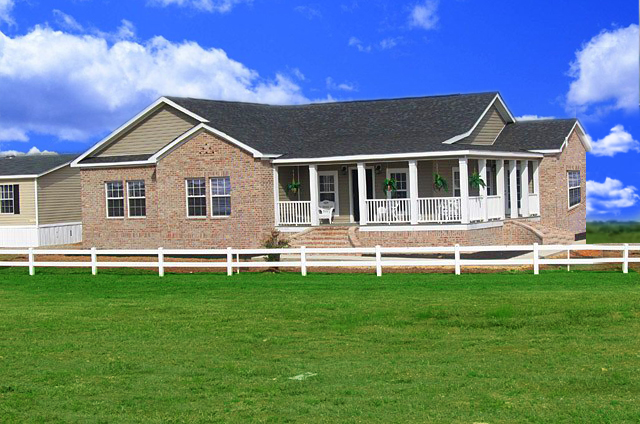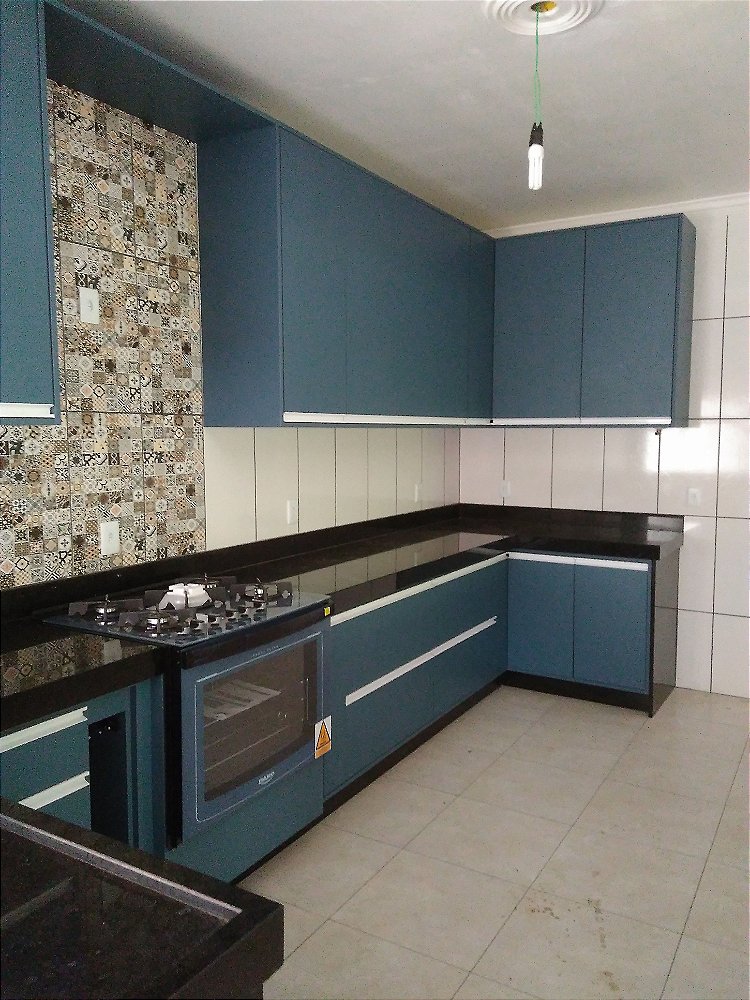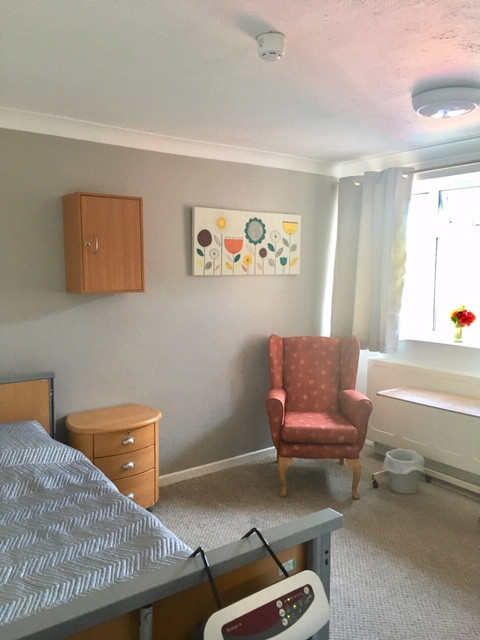Table of Content
The Long Term Care Ombudsman Program advocates on behalf of adult care home residents and provides assistance with informal grievance resolution upon request of a resident or legal representative. This service is appropriate for individuals whose needs can be met safely in the home by family members and other informal caregivers, with support by scheduled visits from specially trained in-home aides. Level I – Home Management provides assistance with basic home management tasks, such as housekeeping, cooking, shopping, and bill paying. In North Carolina, home care agencies are overseen by the NC Division of Health Service Regulation. This governing body sets minimum regulations to ensure a consistently high standard of care for seniors.

Home health care features specialized skilled nursing services but has the same average monthly rate as in-home care. By comparison, nationally, home care costs average $4,957, and seniors pay $5,148 for home health care. Home Health Agencies once they have an approved Certificate of Need Approval status are eligible to start enrollment processes for insurances the two most popular are Medicare and Medicaid which are state and federally funded. Medicare is a federal insurance that is for seniors over the age of 65 and individuals who are disabled.
North Carolina Administrative Code
Preparing for this fast paced task can be very difficult for a new business owner to navigate that why we are ready to help. And if a responsible person is not available to perform these tasks, or the primary caregiver needs relief. As a single applicant, you can have an annual income of up to $13,596 per year or $1,133 per month. If you’re married, your household income may be up to $18,312 annually or $1,526 monthly.

The supervisory has to be separate from these employees because they cannot supervise themselves. Laws and regulations in governing the manner in which the medical records of North Carolina residents are maintained, who may be authorized access to medical records, and mandatory reporting requirements. Overview of how North Carolina law regulates the durable power of attorney, by which certain decisions about a person's health and medical care may be made by a designated person. In Home Aide service is offered by local service providers supported by the Home and Community Care Block Grant.
Health Service Regulation — Policies and Manuals
NC Division of Health Service Regulation Acute and Home Care Licensure and Certification Section. Resources on this page provides links to applicable rules and regulations, relevant forms for licensees and applicants and steps that must be followed to obtain a license for a home care agency in North Carolina. Home care agencies must meet state and federal regulations that govern the delivery of home care services. In North Carolina, all home care agencies must be licensed under the oversight of the North Carolina Department of Health and Human Services, Division of Health Service Regulation. Home Health Agency requirements for enrollment in insurance programs may also include a certification that is issued from a nationally recognized accreditation organization to participate in their program.

Under this program, participants have the option to self-direct their care, meaning they decide who they receive in-home care from. To be eligible, applicants must be at least 18 years old and determined to require nursing home level care. They must also be eligible for Medicaid and need at least one service the waiver covers. The existing CoPs are the minimum health and safety standards that home health agencies must comply with in order to qualify for reimbursement under the Medicare program. The division provides financial support through grant funding for local providers to offer these services. Any and all services provided must be accompanied by a supervisor and 2 employees that will be providing the care.
NC State Health Regulations
The Affordable Care Act changed the way insurance is accessed in all states, putting in place rules and limitations for both health insurance providers and their customers. Health insurance was more of a state concern prior to the ACA, but states, including North Carolina, still have the authority to pass laws and regulations affecting health care. For instance, North Carolina law doesn't permit euthanasia, but does allow for the withholding of artificial life support under certain conditions.
Adult care homes are residences for aged and disabled adults who may require 24 hour supervision and help with activities of daily living. Level III – Personal Care provides substantial ADL support with health/personal care tasks. Involves extensive “hands on” care and assistance with a wide range of health-related conditions.
Home Health Services NC Medicaid - NCDHHS
North Carolina is among the more affordable cities in the Southeast for home-based care. In South Carolina, monthly home care fees average $4,433, and in Tennessee, rates come in at $4,576. When the above conditions are met, physicians may also order home health aide services or medical social worker services.

While the Medicare and Medicaid home health programs reimburse home care services for homebound patients, other Medicaid programs also cover in-home services. These include, Medicaid Personal Care Services , Medicaid Home Infusion Therapy , Medicaid Community Alternatives Programs , Medicaid Durable Medical Equipment , and Medicaid Private Duty Nursing . Social determinants of health are the nonmedical factors that influence health outcomes. They are the conditions in which people are born, grow, work, live, and age, and the wider set of forces and systems shaping the conditions of daily life.
This service does not provide enough assistance to replace facility-based services for individuals who require ongoing care, supervision, or monitoring by a nurse or other health care professional. Care provided in the comfort and security of your home through a licensed agency gives you, your family and friends a sense of control and peace of mind. Home care provides a wide range of health care services to the patient and teaches families to help care for their family member. Home care can be a significant expense, and depending on the types of services you need, health insurance programs such as Medicare may not reduce your out-of-pocket costs. Fortunately, NC Medicaid, North Carolina’s Medicaid managed care program, has coverage for in-home care.
This includes any income you receive including earned income, government benefits, withdrawals from retirement accounts and stock dividends. In addition to regulatory requirements, agencies may also be accredited which means they have demonstrated that they meet an additional set of standards.
Pursuant to GS 150B-21.3A, Periodic Review and Expiration of Existing Rules, all rules are reviewed at least every 10 years or they shall expire. As a result of the periodic review of Subchapter 10A NCAC 13J, The Licensing of Home Care Agencies, eight rules were determined as "Necessary With Substantive Public Interest," thus necessitating readoption. The proposed changes also include updates to the definitions to refer to North Carolina General Statutes definitions.
You can submit the application to the office in person, through the mail, by fax or via email. North Carolina administrative codes and regulations from the Center for Medicare & Medicaid Services that apply to acute and home care facilities are provided below. The North Carolina Office of Administrative Hearings provides access to both permanent and temporary rules.



















